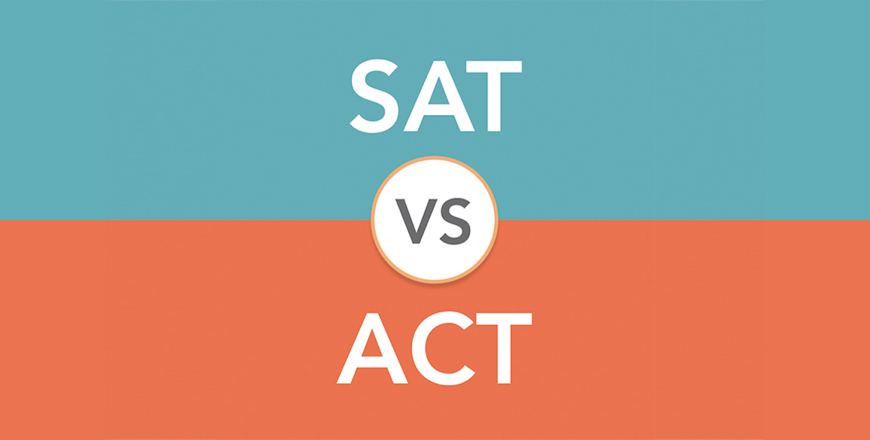Student Debt: The Dangers You Didn’t Know!

This course is made to inform students about the multiple hidden pitfalls of student loans, resulting in unexpected consequences that can impact their life. Dr. Kevin Bukatman from College Planning Service USA, will teach various strategies to get through student debt crisis and also making conscious decisions related to financing the education.
Target Audience
This course is focused on the individuals:
- High school students and their families preparing for college
- College students learning to manage their finances effectively
- Recent graduates struggling to repay student loan
- Anyone interested in knowing and learning about student debt and its impact on students and society
Course Prerequisites
No prior knowledge or skills are required for this course. Anyone who is seeking the tips to manage student debt and how to get out of it effectively can pursue this course.
Objective
The primary objective of this course is:
- Recognizing the hidden dangers of student debt and its long-term impacts
- Implementing various strategies to eliminate the potential debt burden
- Making informed decisions of financing their education
- Developing a solid plan to manage student loan repayment
Topics Covered
This course will cover the following topics:
- Understanding the student debt crisis and its impact
- Recap of key points from the Financial Aid course
- Types of student loans and their associated interest rates
- Methods to reduce student costs and generate income during college
- Large-scale strategies to offset or eliminate student debt
- Predatory lending practices and their consequences
- The impact of student debt on new graduates
Course Modules
This course has one module that will cover:
- Introduction to Student Debt
- Recap of key points from the Financial Aid course
- How to reduce student expenses and additional debt
- How to balance part time jobs while studying to cater your financial needs
- Understanding about interest rates and repayment plans
- How to tackle debt stress realistically
By the End of This Course
The individuals will be equipped with the reliable tools to make informed decisions about financing their education. They will also learn various strategies through which students reduce the burden of repaying debt by balancing their studies and part time jobs. will have a
Enroll Now
Learn to manage your finances in all courses of life in order to achieve a successful life. Enroll in this course and get equipped with the reliable and effective tools to take control of your financial future.
Student Debt: The Hidden Dangers
- Understand the reality of student debt, how significant it has become, and some of the reasons it became such an issue.
- Review critical points about Financial Aid
- Merit vs Need-Based: Scholarships, Grants, Loans, and Work-Study Programs
- Greater loan burden because funding for grants and scholarships has been reduced since 2008
- Average cost/year for undergraduates in different types of colleges and universities
- Understanding the financial aid process and how it's determined. (NOT UNDERSTANDING THIS CAN COST YOU TENS OF THOUSANDS OF DOLLARS!)
- Impact of family income on financial aid
- Counterintuitive financial aid penalties on student earnings.
- Different types of student loans and their associated interest rates.
- Financial value of understanding all this, or more aptly the cost of mistakes if you do not.
- Review basic methods to reduce student costs:
- Housing, meal-plans, textbooks, dorm accessories
- Car/travel, computers/software, insurance
- Avoid additional/avoidable debt
- Always debit cards, never credit cards
- Review options to generate money while in college
- Jobs and Work-Study opportunities
- Having a job provides value beyond the money
- Discuss large-scale strategies to reduce, offset, or eliminate much larger amounts of money
- Co-op programs, 3-year degrees, starting at community college, dual bachelor's/master's programs, ROTC
- Discuss the impact that college debt has on new grads.
- College debt payments average ~15% of a new grad's take-home salary. That means 50% of students lose >15% of their salary to loan payments.
- Predatory Lending: Interest rates and repayment plans
- At $40k/year, students cannot afford the monthly payments, so the bank "generously" agrees to extend the term. Their $160k loan just became $345k!
- University Placement Rates: Make sure you will have a job before loans start coming due.



